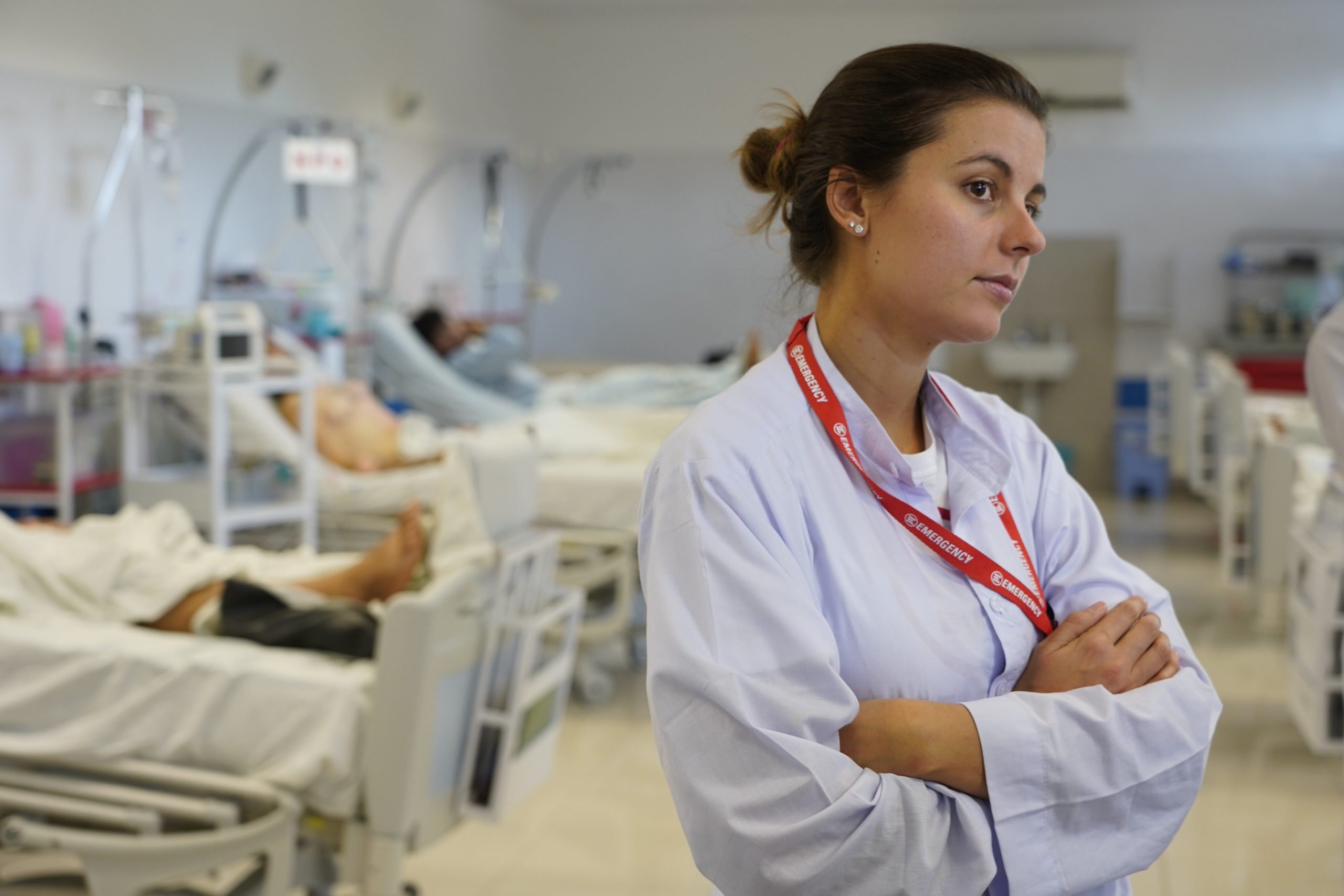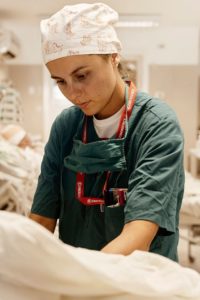The Royal College of Surgeons of England is one of the world’s most renowned and…

Afghanistan: ‘If Other People Have Done It Before, So Can You!
Finding your bearings, getting used to the routine in a hospital and working with new colleagues all require a spirit of adaptability and flexibility. I trusted in myself and EMERGENCY but I admit, it wasn’t easy at the start.
But slowly, as the days pass, you start to find things out and your mindset changes. You start seeing it all as a process of growth.
When I decided I wanted to be a doctor I was only five years old. Now I’m 30 – I had my birthday here in Kabul. I was on duty that day. I opened the presents from my colleagues, then they called me into the operating theatre.
What do I remember from those four months at the project?
 I remember the first explosion I ever heard, and how shocked and scared I was by the fire.
I remember the first explosion I ever heard, and how shocked and scared I was by the fire.
I remember the first patient I met, an eight-year-old boy with an injured head. In the CAT images I could see perfectly the outline of the shell in the middle of his skull. I kept saying to myself, ‘How is that possible?’ Some things are just beyond our comprehension. All you feel is a deep sense of injustice.
I remember another boy who was admitted in a critical state. When we realised we couldn’t do any more, it was up to me and my colleagues to go to his family and tell them. I expected the sort of reactions I had seen in Italy. But when the child’s mother and father arrived at the hospital, they reacted calmly. They thanked us for doing what he had and said goodbye to their son with great dignity.
 It took me a long time to understand such a reaction, but people here in Afghanistan are used to seeing their loved ones die. This made me realise even more clearly how tragic their situation was. It’s like war constantly desensitises them to pain.
It took me a long time to understand such a reaction, but people here in Afghanistan are used to seeing their loved ones die. This made me realise even more clearly how tragic their situation was. It’s like war constantly desensitises them to pain.
I also train and teach people here. It’s great seeing young doctors or post-graduates like myself follow me and practise what I teach them. But at times it’s them who are advising me, which is very rewarding. I always ask myself if I’m doing things right. Knowing how to do things is one thing, explaining them is another.
‘What will you do when you get back to Italy?’ they asked me the other day. ‘I’ll hug my family once again,’ I replied. I’ll specialise, too. Then, after the celebrations, I’ll be back here in Kabul.
Those months well and truly confirmed for me that being an anaesthetist is the best job in the world.
I would often tell myself, ‘If other people have done it before, so can you!’ and in the end I really did it.
– Martina, postgraduate anaesthetist, Kabul



